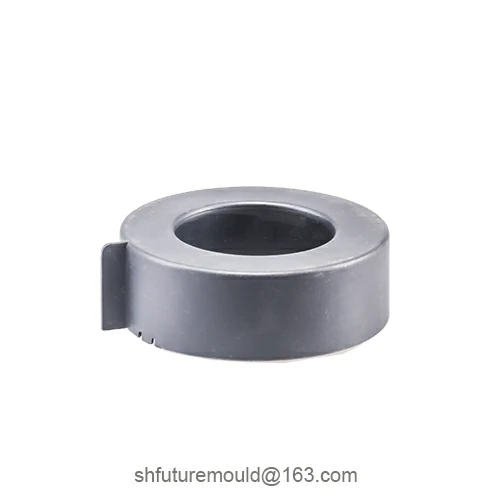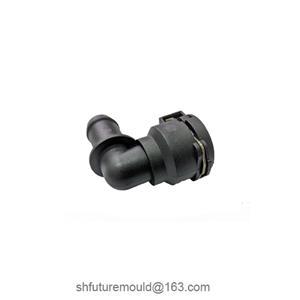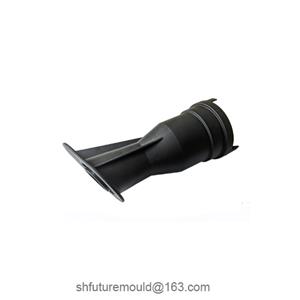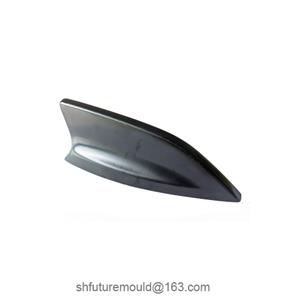Common tests for molded products
Injection-molded products have a wide range of applications in various industries. To meet the requirements of use, different kinds of tests are usually conducted on the product to ensure its stability. If design defects are found, they can be adjusted as early as possible.
The following are some common tests for injection molded products:
1. Dimensional testing
Dimensional testing is the most important test for injection molded products. The measuring instruments commonly used for dimensional testing include vernier calipers, micrometers, coordinate measuring machines, and projectors.
2. Appearance testing
Appearance testing is used to inspect the product for defects. Appearance testing is done with the naked eye or a microscope.
3. Strength testing
Strength testing is used to test the strength of the product. Strength testing is usually done with special equipment, such as tensile testing machines and bending testing machines.
4. Durability testing.
Durability testing is used to inspect the durability of the product. Durability testing is usually done in a simulated use environment, such as wear testing and corrosion testing.
5. Functional testing
Functional testing is used to test whether the product functions normally, functional testing is usually done using the product’s functions, such as the electrical conductivity of electrical products.
The tests and methods for injection molded products need to be determined according to the specific requirements of the product. For some products with complex functions, multiple tests are usually required to ensure the quality and safety of the product.
- Injection Mold
- Automotive Injection Mold
- Electronics & Electrical Injection Mold
- Consumer Goods Injection Mold
- Airplane Components Injection Mold
- Medical Components Injection Mold
- Irrigation Components Injection Mold
- Injection Molds




